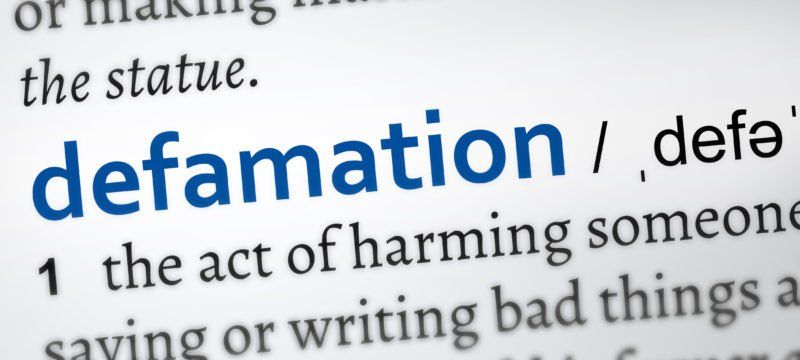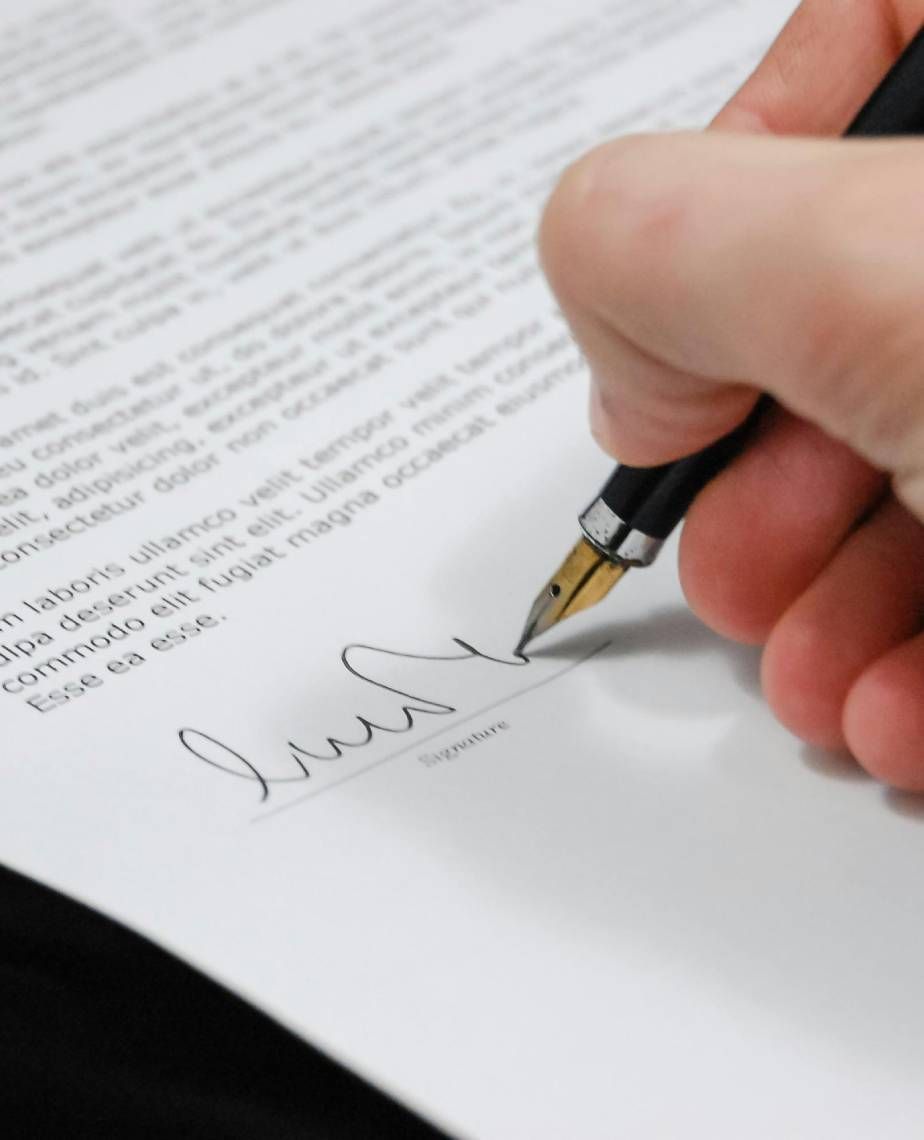Can I Sue for Libel or Slander?
websitebuilder • 1 April 2019
Common questions about defamation answered.

What is Defamation in the UK?
We are often asked this question. The newspapers are full of stories about people being sued for what they have been said, or written. It can lead one to think that simply having your feelings hurt by another person’s words is enough to sue them. Not so. Here I attempt to clear the often-muddied definitions of defamation.
Defamation occurs when an untrue statement is published which lowers the opinion of a person in the minds of right thinking members of society. It is governed by both statute law and common law in the UK, with the Defamation Act (2013) being a key piece of legislation.
Defamation is a term which covers two types of acts:
Libel
This is where the defamatory statement has been made in written form. The statement must contain a false statement of fact. Comments of opinion, however disparaging, are usually not actionable.
Slander
This is where the defamatory statement is made in verbally. As an additional requirement, a person complaining of defamation by slander must show that they have suffered special damage arising from the slanderous comments. As with the above, the statement must contain a false claim of fact. For a statement to be regarded as slanderous, special damage must be proven.
Is Defamation a crime?
Defamation in a tort, not a criminal offence. A tort is a civil wrong covered by common law. Victims of such actions are able to take redress by sueing the defamer. It is up to the judge to decide whether, in the natural and ordinary meaning, the words published would cause the claimed harm to the victim’s reputation. The judge will further decide whether the remedies claimed are proportionate.
How could I prove defamation has occurred? Do I have a case?
If it is written, one would need to produce the comments.
What would a normal person think?
Is this the natural and objective meaning of the statement?
Is the statement true? If yes, no civil wrong was committed.
Did special damage result (in the case of slander)
Knowing whether you have a case will depend on being able to prove its impact on right thinking members of society and whether any statutory defenses apply.
There is a strict time limit of 12 months to bring a claim. Therefore we recommend you seek legal advice as soon as possible.
Pre-action protocol
Pre-action Protocol outlines the steps that should be taken by parties in a defamation dispute. These steps are designed to help both sides come to a resolution, preferably without the need for litigation (court action).
The Court can penalise any party failing to follow the protocol with costs.
In the event that litigation ensues, the court will expect the parties to have exchanged enough information to understand their respective positions,
Give us a call on 020 8858 5996 or email here: winston.brown@brownandcosolicitors.co.uk
Further, more detailed information can be found here: https://www.justice.gov.uk/courts/procedure-rules/civil/rules/pd_pre-action_conduct







